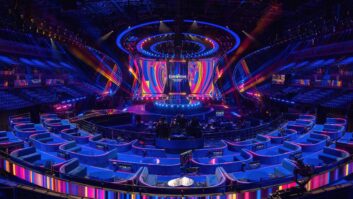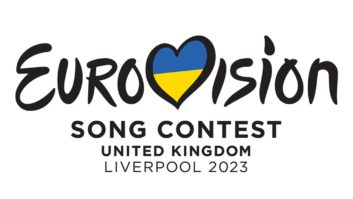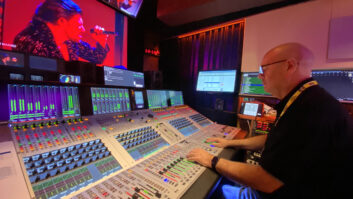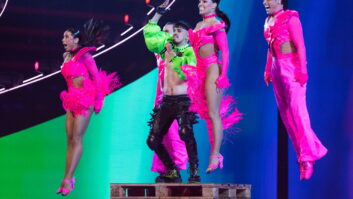Following last year’s cancellation due to the pandemic, the Eurovision Song Contest is back on TV screens on 22nd May, with a show broadcast live from Rotterdam in the Netherlands.
For Martin Österdahl this year’s show is especially significant as it marks his first as the executive supervisor of the ESC. Österdahl has taken over from Jon Ola Sand, who spent ten years in charge of Eurovision, and admits he has some big shoes to fill. “Jon Ola is a good friend. Obviously he’s done a huge deal for the Song Contest,” he tells TVBEurope. “I’ve had the pleasure of working with him for a long time. I was on the reference group for seven years, I produced the Song Contest twice when he was the executive supervisor. We’ve done a lot of things together in changing and adapting the format through the years, and luckily I can still reach out and give him a ring if there’s anything.”
Eurovision’s executive supervisor is employed by the European Broadcasting Union and based at its headquarters in Geneva. Österdahl leads the team who run and organise the show every year, meaning he has overall responsibility for the Eurovision Song Contest brand. Just call him Mr Eurovision.
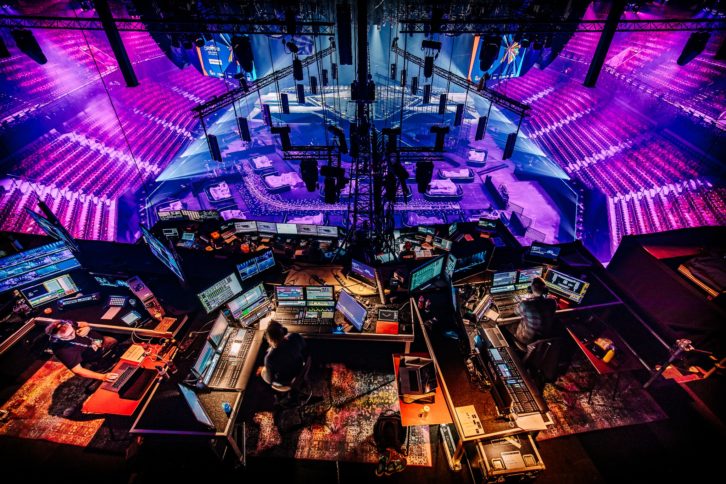
“I pass the relevant information and knowledge on from one host broadcaster to the next each year,” he explains. “My role is very much to work with the executive producers to help them organise the event and also to coach them. Apart from that, when it comes to the actual event I am also the head of the Contest, so, everything with regards to the onstage performance, the rules of the contest, the voting points, the announcement of the winner and so on, falls under the responsibility of the executive supervisor.”
Planning for Eurovision’s return began almost as soon as last year’s event was cancelled, but Östardahl admits it’s still been a tough year for everyone. “The task of organising the Eurovision Song Contest is always very complex, it’s arguably one of the most complex live television productions in the world. As an international event, it’s also very complex, it has a global reach. We had a readiness in the past to change our setup in case of a local crisis or a local problem, we never really had the readiness to change if it was more of a global crisis, which this has been.
“So, we’ve had to change quite a lot in the way that we work, and the framework that we work under, and that work started straight off the bat as soon as we unfortunately had to cancel last year’s show. It’s been a difficult year for everyone in what we do in our jobs but also on a personal level. But I think to unite 40 countries and 40 delegations in one spot in Europe has never been more difficult than this year.”
“We know that the Eurovision Song Contest is extremely loved by many people,” Östardahl adds. “It has a very long tradition. I usually call it the mother of all big entertainment shows, at least in Europe. So we have a legacy and we feel that we have a sense of duty to bring this show back to Europe and to all the fans.”
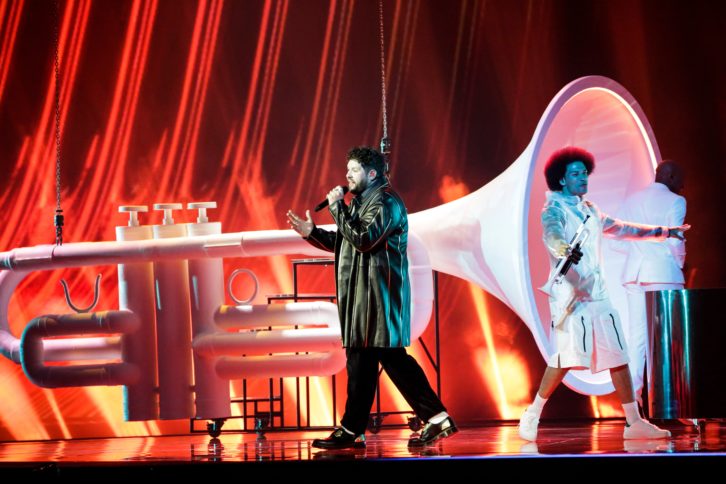
Österdahl likens Eurovision to one of the major sporting events that take place every four years, in other words, the organising team know five years ahead of time that they will be hosting an international sports event and can rely on that sport’s federation. But for Eurovision, each year the organisers are given some dates and access to the team in Geneva. “After Shine A Light in the spring of 2020 we started preparing straightaway for the return of the real thing. In terms of our ambitions we realised pretty early that the pandemic was going to linger and it would affect 2021 as well.
“Of course I’m incredibly grateful for the Dutch courage of host broadcasters NPO, NOS, AVROTROS and the city of Rotterdam that they decided to commit again to 2021. All of the members of the EBU taking part in this are really very grateful that they did. We wanted to fulfil the plans that they had prepared for 2020. The cancellation came very late and the preparations were more or less all srt and done. So the ambition was to make that happen in 2021. Of course you always review things in the show, they’ve updated a lot of things, they’ve made constant improvements, but we wanted to bring the show back as good as possible.”
There will of course be some major changes to the show. Some of this year’s contestants aren’t able to be there on the night due to travel restrictions. Instead, they have filmed as live performances which will be included in the show. Österdahl says it’s been heartwarming to see how all the different delegations have put together their videos. “They’re high quality, very well done recordings,” he adds. “The ambition was that if the pandemic was really bad then we could use all of them, and we would still have a great show. We set that ambition level very high. And they have been recorded in proper television studios with multi camera setups so they should be good substitutes.”
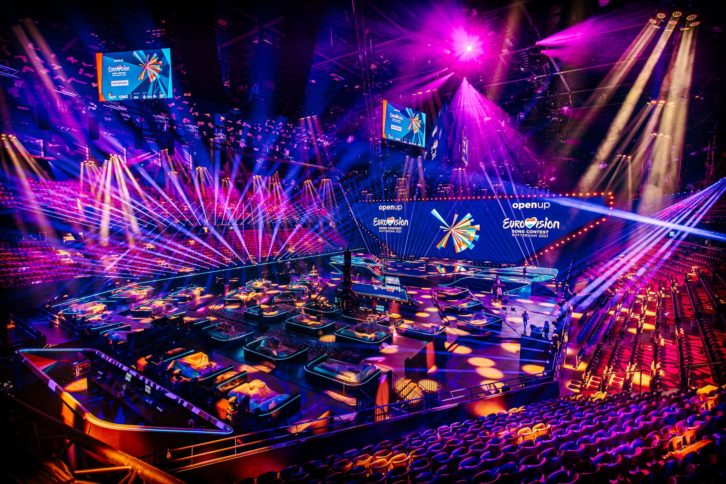
The other major change is that the usual backstage green room where all the various delegations watch the show will be in the main area of the Ahoy Arena. “We have a decision that we can have a limited audience in the arena, which is much smaller than we would normally have. You will see a difference because it won’t be as many people on site as usual, we won’t have any fans in front of the stage,” explains Österdahl. “The floor is entirely dedicated to the green room and the delegations, because we have a very strict health and safety protocol in place in order to make this all happen and we need to keep the delegations in the safe harbour, as we call it. There will be differences, but hopefully the energy, values and the joy of Eurovision will shine through.”
In terms of the live broadcast, the majority of production will be done on site in Rotterdam. “Because we faced these incredible difficulties, this year we felt we needed a sort of ace and ace in our back pocket, to be able to guarantee that there would be a contest and to guarantee that each participating broadcaster would ultimately partake,” explains Österdahl. “Therefore we introduced the live on tape backup. It’s been a fantastic project and I wish everyone out there knew how hard so many people have worked from January to enable recordings in home studios and to make sure that there is a backup in case a delegation cannot travel or in case of an unfortunate incident on site, where we have to use the backup instead.”
Another key area of the show which has been produced differently, but should look as close to normal on screen as possible, are the postcards introducing each of the acts competing. “We have to have them, there’s no getting around that we need them,” stresses Östardahl. “They’ve all been produced. They look spectacular. I am quite confident that you’re going to like them. You know, the Eurovision Song Contest is a co-production model between all these national broadcasters in Europe and this year it’s been a co-production like never before, so we’ve had to help out with the videos being shot at home and then integrated into the postcards that have been recorded on location in the Netherlands, and through the magic of TV it actually works!”
